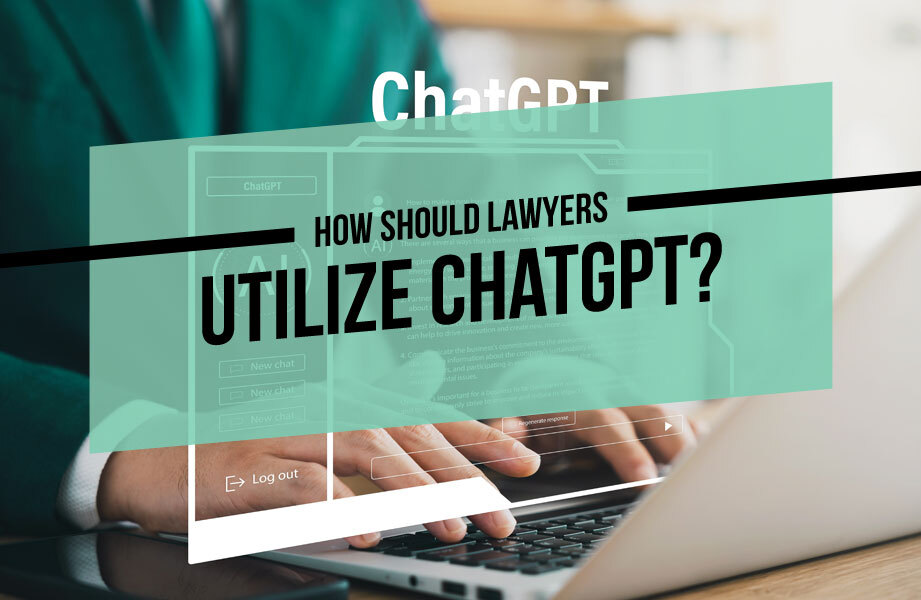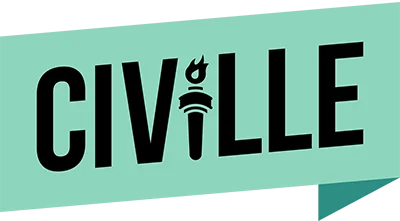
The legal profession and many other industries experienced both enthusiasm and worry after OpenAI introduced the powerful language model known as ChatGPT. Should you be using ChatGPT in your firm? If so, how? We can help!
Understanding ChatGPT’s Capabilities (and Limitations)
The way ChatGPT looks and functions requires a basic comprehension of its capabilities and limitations before considering practical applications. ChatGPT is a type of AI model that went through extensive training using human-written texts and code. This training enables the model to acquire human-like understanding of text and produce responses to various prompts and inquiries. It can easily provide factual summaries of most topics, compose stories, perform translations, and respond to your questions accurately.
The primary disadvantage of using ChatGPT lies in its limitations. ChatGPT operates as a sophisticated algorithmic device that makes predictions about word sequences based on its training data. While generating text, it does not possess consciousness or intellectual understanding like humans do. It functions as a pattern recognition tool to predict word sequences based on its training data. This makes it possible for the model to produce wrong information, incorrect statements, and at times, complete nonsense. The model could also embody biases found in its training data. Therefore, it is crucial to employ ChatGPT as a tool which needs human supervision and analysis because it can neither understand nor reason like a lawyer.
Practical Applications of ChatGPT for Lawyers
1. Legal Research Assistance:
While ChatGPT shouldn’t be used as a primary source for legal research, it can be a valuable starting point or supplementary tool. You can ask ChatGPT to summarize legal doctrines, provide an overview of different jurisdictions’ approaches to a particular legal question, or even generate a list of potential arguments for or against a certain position. Remember, though, to always verify the information provided by ChatGPT against reliable primary and secondary legal sources.
2. Document Drafting and Review:
The model can prepare different types of legal texts including contracts, letters, and pleadings. You can give it details about the task or problem you are working on along with any necessary clauses or examples of similar work and it will produce a first draft which you can then modify and perfect. For standard documents, this can be a huge time and effort saver. ChatGPT can also support document review by providing a summary of long documents, highlighting main terms, or detecting possible inconsistencies.
3. Content Creation:
ChatGPT can be a great tool for creating marketing content like blogs, articles, social media posts, and website content. It can assist with idea generation, developing an outline, writing the first draft, and even offering suggestions on different tones or styles. However, it is essential to check and modify the content because it may contain errors, not sound like the firm’s voice, be filled with errors, or just be too general.
Read More: How to Take Advantage of AI Overview With Your Law Firm
4. Client Communication:
ChatGPT can assist with drafting routine client communications, such as email responses, appointment reminders, or even initial intake questionnaires. It can also help personalize communications by tailoring them to specific client needs and circumstances. However, it’s crucial to maintain a human touch and ensure that all client communications are reviewed by a lawyer before being sent. Confidentiality is of the utmost importance.
5. Brainstorming and Idea Generation:
If you’re stuck on a legal problem or need fresh ideas for a case strategy, ChatGPT can serve as a brainstorming partner. You can present it with different scenarios, ask for alternative perspectives, or explore potential legal arguments. This can help you think outside the box and develop more creative and effective solutions.
6. Summarizing and Simplifying Complex Legal Concepts:
Lawyers are required to take complex concepts and present them in a way that is easy to digest. Using ChatGPT can help to refine your writing to be sure that it can be understood by a wider audience.
7. Translation:
ChatGPT can translate between languages. If you are working with a client or on a case that involves another language, ChatGPT can help.
Best Practices for Using ChatGPT in Legal Practice
To maximize the benefits of ChatGPT while minimizing the risks, lawyers should adhere to the following best practices:
- Fact-Check Everything: Never take ChatGPT’s output at face value. Always verify the information against reliable sources.
- Maintain Client Confidentiality: Never input confidential client information into ChatGPT. The platform’s privacy policies may not provide sufficient protection for sensitive data. Consider using anonymized or hypothetical scenarios instead.
- Supervise and Edit: Treat ChatGPT as a junior assistant, not a replacement for your legal expertise. Always review, edit, and refine its output before using it.
- Understand the Ethical Implications: Be aware of the ethical considerations surrounding the use of AI in legal practice, including issues of confidentiality, competence, and unauthorized practice of law.
- Stay Updated: The capabilities of ChatGPT and other AI tools are constantly evolving. Stay informed about the latest developments and best practices.
- Use Prompts Effectively: As discussed in our previous blog post, the quality of your prompts significantly impacts the quality of ChatGPT’s responses. Be specific, clear, and provide sufficient context.
- Don’t Cite ChatGPT as an Authority: It is vital that lawyers realize ChatGPT is a tool to help, not a source.
Biggest Challenges for Law Firms in 2025
How Civille Can Help
At Civille, we seek to deliver value to law firms through technological solutions that improve their operations and deliver more value to their clients. We value the potential of artificial intelligence but we also believe in the need for caution when integrating it into legal services. Though our core services include creating powerful websites and solid marketing plans we can assist your firm:
- Develop a Website that Integrates AI: We can explore integrating AI-powered tools into your website, such as chatbots for client inquiries.
- Craft Content Optimized for Both Humans and AI: Our content team can create website copy and blog posts that are not only engaging for human readers but also optimized for AI understanding, helping you to rank higher.
- Stay Informed About AI Trends: We monitor recent advancements in AI and can provide you with recommendations on how to apply these technologies to improve your practice.
- Develop Strong Marketing Strategies: We understand that client intake is the most important part of keeping a firm profitable. We can help you to best use AI tools to make your online presence stronger.
Ready to elevate your SEO strategy? Contact us today.





